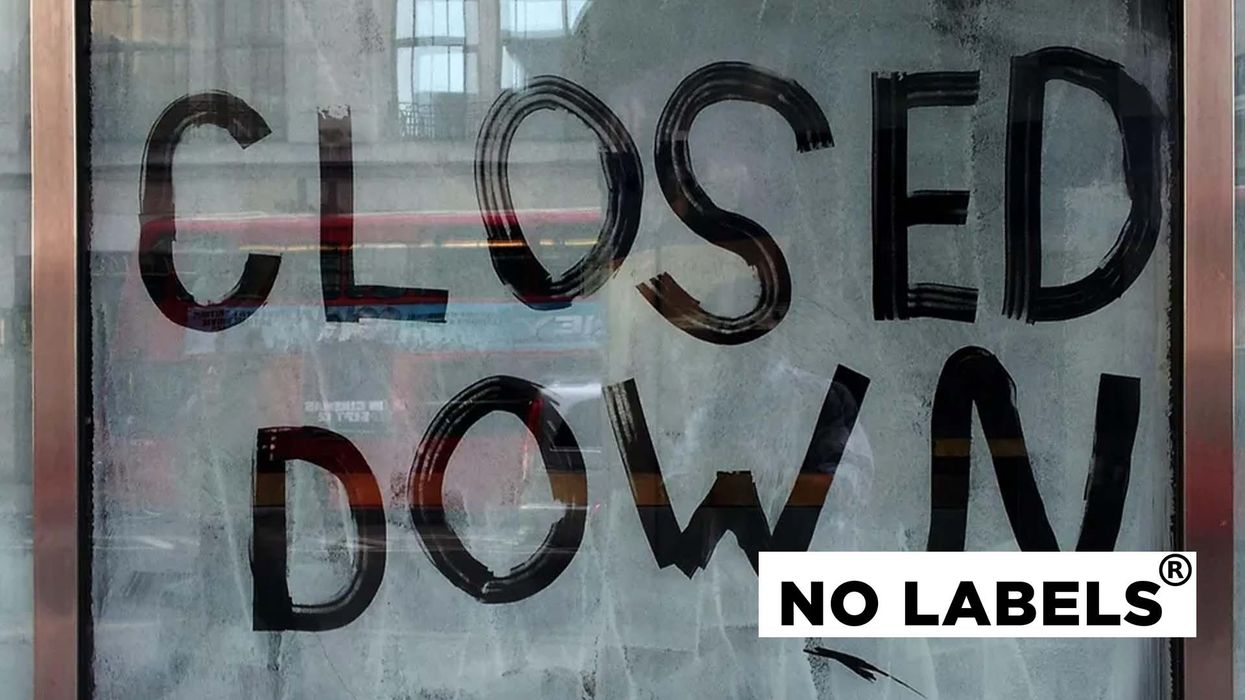
The U.S. Treasury is running out of time. Even with “extraordinary measures” in place, the federal government could default on its debts unless Congress raises the debt ceiling in the coming months.
What would happen if the U.S. defaulted? We can’t know for sure as it’s never happened; but we’ve had close calls, with major consequences.
When Congress almost defaulted in 2011, the U.S. government’s perfect AAA credit rating was downgraded for the first time, and the stock market had its worst week since the 2008 financial crisis.
But a true default now would be much worse.
The Debt Ceiling Explained: What You Need to Know
It starts with the government being unable to pay many of its bills. The White House Council of Economic Advisors (CEA) warned that “the federal government would be immediately impaired from carrying out its basic functions, including providing the financial assistance that tens of millions of Americans rely on.”
Federal assistance includes Social Security, Medicare and Medicaid, veterans support programs, and various food and housing supplements. Social Security alone benefited 66 million Americans in 2022. The CEA also referenced federal employee salaries — such as the more than 1 million active-duty personnel of the U.S. military – who could find their payments jeopardized.
But exactly which programs will lose funding, and by how much? It’s hard to say.
Jason Fichtner, chief economist at the Bipartisan Policy Center, believes that Social Security and interest on the national debt will still pay out, Medicare might miss some payments, and other welfare programs or federal employee salaries may stop completely.
A default would also lower the nation’s credit score, raising costs for all Americans.
U.S. Treasury bonds are seen as risk-free because the government has never failed to repay them. They offer low interest rates as a result. Mark Zandi, chief economist at Moody’s Analytics, said investors would demand higher interest rates to invest in bonds after a default.
According to CNBC, “rates on mortgages, credit cards, auto loans and other types of consumer debt are linked” to interest rates on bonds, meaning a default would raise consumer costs across the board.
After a debt default, the government would lack the funding to provide individuals or businesses relief, and a recession would be all but certain. Moody’s Analytics predicts the fallout would be on par with the Great Recession: 6 million jobs lost, and a 4 percent reduction in GDP.
The consequences of this self-imposed disaster are clear and that’s why No Labels has a very simple message for Washington:
Don’t ever default on America’s debts.

